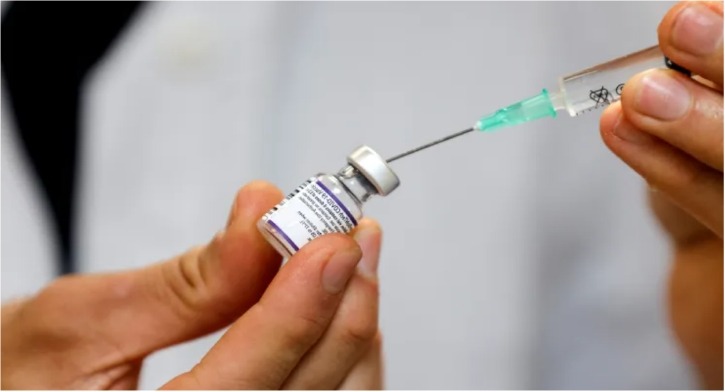
Austria has successfully renegotiated its vaccine supply contracts with Biontech/Pfizer in response to a significant decrease in demand for coronavirus vaccinations. The country will now receive 4.1 million vaccine doses over the next three years, marking a substantial reduction from the originally planned nine million doses for this year. The decline in demand prompted Austria to exert pressure on the European Union (EU) to revise the contracts, leading to an agreement reached through the Agency for Crisis Preparedness and Response to Public Health Emergencies (HERA). This agreement was approved by 24 out of the 27 EU member states.
Originally, nine million vaccine doses were scheduled for delivery in Austria this year. Additionally, 800,000 doses, previously ordered for 2022, will still be delivered as planned. The revised contracts now extend the delivery period until the end of 2025. In a positive development, the Ministry of Health has also confirmed that previously ordered doses can be exchanged for the latest available vaccine.
While financial details of the new contract between the EU Commission and Biontech/Pfizer remain undisclosed, the Ministry of Health expects significant cost savings in the high double-digit millions. Health Minister Johannes Rauch emphasized that the new contracts align with future needs, particularly in terms of booster vaccinations.
Rauch acknowledged that the initial contracts were negotiated under immense pressure at the onset of the pandemic and would be considered unacceptable today. Nevertheless, he commended the joint procurement of vaccines as a successful EU project that facilitated the rapid development of vaccines while minimizing economic risks for manufacturers through EU support.
Under the revised agreement between the EU Commission and Biontech/Pfizer, countries have the option to convert their originally agreed vaccine purchases into optional orders, subject to a fee. However, the EU Commission has not disclosed the exact number of reduced vaccine doses that need to be purchased. Criticism has recently surfaced regarding potential wastage of excess doses due to the diminishing need for vaccines.
Austria’s successful renegotiation of vaccine supply contracts highlights the adaptability of countries in responding to changing circumstances. By aligning vaccine deliveries with current demand, Austria aims to ensure optimal utilization of resources while still providing necessary vaccinations to its population.
The cost savings expected from the revised contracts will contribute to Austria’s healthcare budget, while the exchange option for previously ordered doses reflects a proactive approach to utilizing the most up-to-date vaccine options. As the global vaccination landscape continues to evolve, countries and manufacturers alike must remain flexible and responsive to effectively address the ongoing pandemic.
